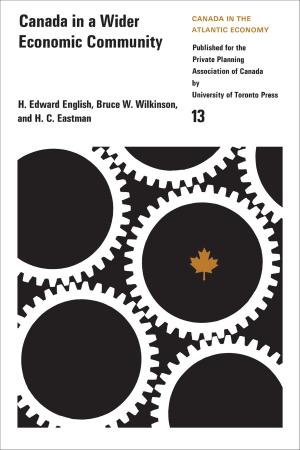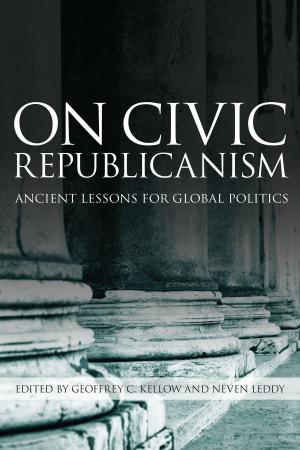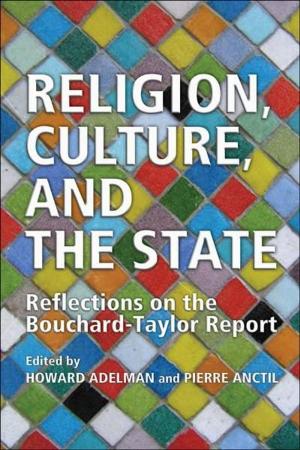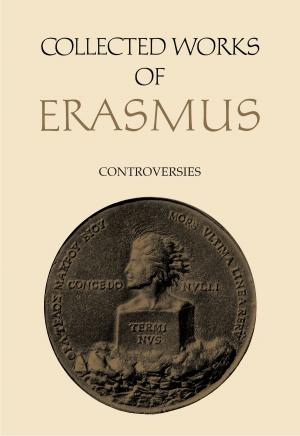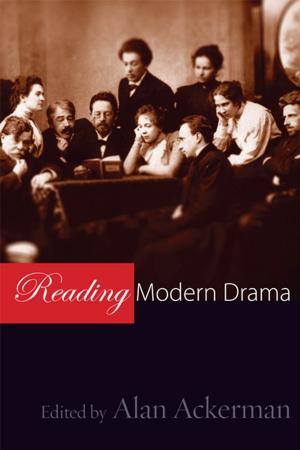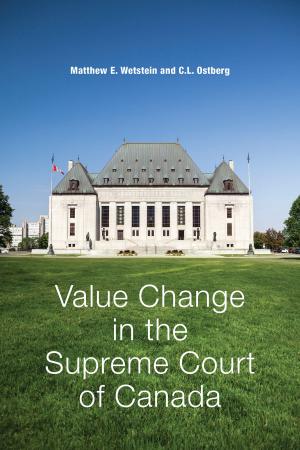| Author: | ISBN: | 9781442699861 | |
| Publisher: | University of Toronto Press, Scholarly Publishing Division | Publication: | September 4, 2010 |
| Imprint: | Language: | English |
| Author: | |
| ISBN: | 9781442699861 |
| Publisher: | University of Toronto Press, Scholarly Publishing Division |
| Publication: | September 4, 2010 |
| Imprint: | |
| Language: | English |
Throughout Canada, provincial, federal, and municipal archives exist to house the records we produce. Some conceive of these institutions as old and staid, suggesting that archives are somehow trapped in the past. But archives are more than resources for professional scholars and interested individuals. With an increasing emphasis on transparency in government and public institutions, archives have become essential tools for accountability.
Better Off Forgetting? offers a reappraisal of archives and a look at the challenges they face in a time when issues of freedom of information, privacy, technology, and digitization are increasingly important. The contributors argue that archives are essential to contemporary debates about public policy and make a case for more status, funding, and influence within public bureaucracies. While stimulating debate about our rapidly changing information environment, Better Off Forgetting? focuses on the continuing role of archives in gathering and preserving our collective memory.
Throughout Canada, provincial, federal, and municipal archives exist to house the records we produce. Some conceive of these institutions as old and staid, suggesting that archives are somehow trapped in the past. But archives are more than resources for professional scholars and interested individuals. With an increasing emphasis on transparency in government and public institutions, archives have become essential tools for accountability.
Better Off Forgetting? offers a reappraisal of archives and a look at the challenges they face in a time when issues of freedom of information, privacy, technology, and digitization are increasingly important. The contributors argue that archives are essential to contemporary debates about public policy and make a case for more status, funding, and influence within public bureaucracies. While stimulating debate about our rapidly changing information environment, Better Off Forgetting? focuses on the continuing role of archives in gathering and preserving our collective memory.

